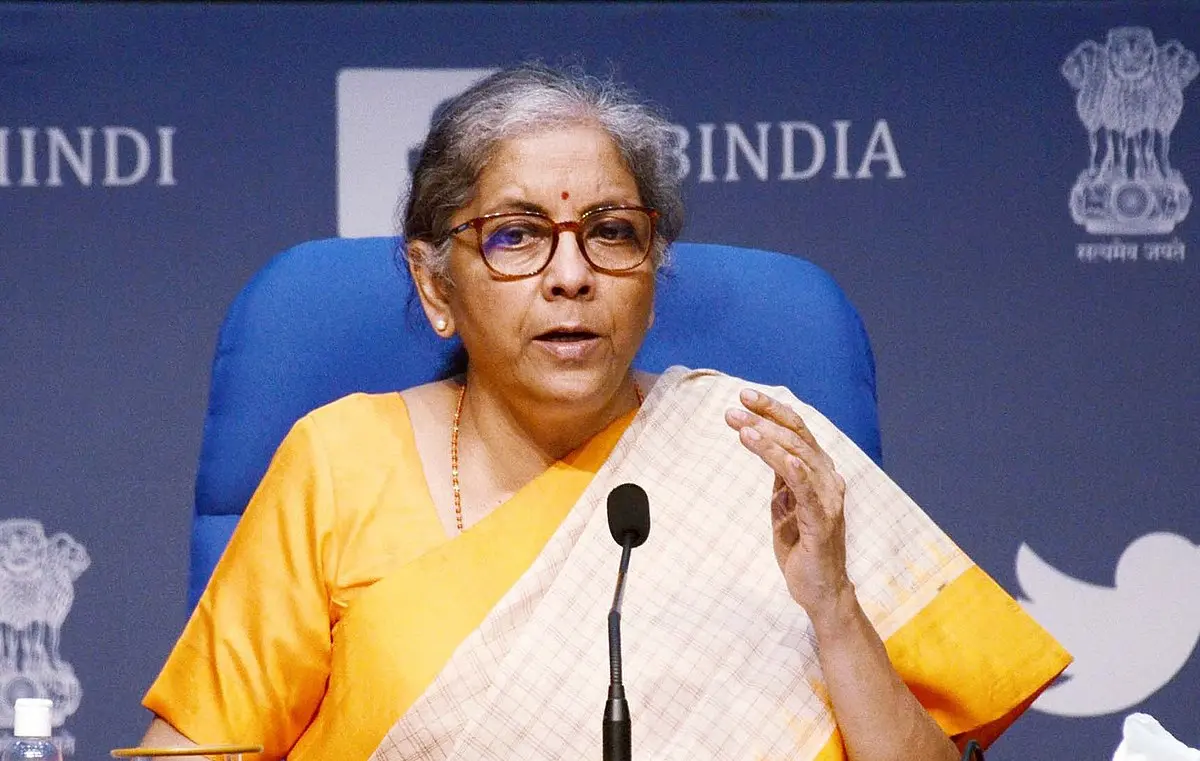What is the 8th Pay Commission?
The 8th Pay Commission (8th CPC) is the next major review of pay, allowances, pensions and related benefits for central government employees and pensioners in India. The last one, the 7th Pay Commission, was implemented from 1 January 2016. The Indian Express+
Cancellation or modification of this periodic review would deeply affect the livelihood of lakhs of government staffers, so this topic attracts keen interest.
Why the 8th Pay Commission matters
1. Salary Revision & Fitment Factor
Reports suggest that under the 8th Pay Commission, basic pay hikes of 30-34% are being considered for central government employees. India Today+1 The “fitment factor” – a multiplier applied to current basic pay to arrive at revised basic – is expected to be significantly higher than before. India Today+1
This means that for many employees, “take-home” or at least the core pay may increase, which in turn raises expectations among employees (“सरकारी कर्मचारियों की बड़ी उम्मीद”).
2. Impact on Pensioners & Allowances
The 8th Pay Commission isn’t just about current employees. Pensioners and allowances (such as Dearness Allowance, DA) are also in its scope. India Today+1 For retired employees, any hike means a better post-retirement income, which is crucial in today’s inflation-heavy economy.
3. Timing: When will it be implemented?
There is still uncertainty on exact timelines. Although the process has begun, the Terms of Reference (ToR) and formal appointment of the commission are yet to be fully done. India Today+1 Some reports indicate implementation may realistically happen by 2026-27 or even later, possibly 2028
So for many employees the question is: “जब तक होगा, मेरी सैलरी कितनी बढ़ेगी?”
Key Highlights & Expectations
| Item | What is expected |
|---|---|
| Fitment factor | Likely to be higher than 2.57 (used in 7th CPC) – some reports mention up to 2.86. |
| Minimum basic pay | With higher fitment, entry-level pay could rise materially (some speculation says jump from ~₹18,000 to ~₹30,000+ for central employees) |
| Allowances & DA | Allowances will be rationalised; DA review continues. |
| Implementation date | Target perhaps 1 Jan 2026, but delays are possible; some say 2027 or 2028. |
| Number of beneficiaries | Roughly ~50 lakh central employees + ~65 lakh pensioners. |
What’s new compared to the 7th Pay Commission?
The 7th Pay Commission was implemented in January 2016 and introduced a new pay matrix replacing the old pay bands/grade pay system. India Today+1
In comparison, the 8th Pay Commission is being launched in a period of higher inflation, higher cost of living, and greater demands for employee benefits, so expectations are higher.
Stakeholders (state governments, PSUs, central ministries) are already being consulted for the 8th CPC, which reflects a more inclusive process. India Today+1

Why there is uncertainty and what employees should keep in mind
Because the ToR and full commission members are yet to be notified, the timeline remains uncertain. India Today+1
If the implementation is delayed, recommendations may be rolled out retroactively (with arrears) but have to be budgeted for. India Today
Even if the basic pay rises substantially, actual in-hand take-home depends on how allowances are structured and how DA is treated.
From a fiscal perspective, the government must balance cost of hike vs public finances — so realistic outcomes may differ from extreme expectations.
What should you do if you are a central government employee or pensioner?
Stay updated: Monitor official announcements (such as from Ministry of Finance, Department of Personnel & Training) for formal notices of ToR, commission constitution, etc.
Understand the fitment factor: Once announced, your salary revision will depend substantially on the multiplier.
Estimate your benefit: Based on current basic pay, estimate what a 30-40%+ hike would imply for you.
Budget or plan: If salary rises kill inflation or rise gets delayed, plan finances accordingly — “धैर्य रखें, पर तैयारी करें”.
Follow allowances & pension changes: For pensioners, increased basic or allowances can make a big difference.
Conclusion
The 8th Pay Commission is a high-impact event for central government employees and pensioners in India. While expectations run high — larger pay hikes, better pensions, improved allowances — there remain significant uncertainties around timeline, final fitment factor, and implementation. As someone working in banking roles (and with experience teaching and analysis), you can analyse how such a major revision might ripple out into consumer spending, savings, inflation and even tech sectors.
For now: stay informed, keep your expectations realistic, and plan accordingly.
🔹 Frequently Asked Questions (FAQs) on 8th Pay Commission 2025
As of 2025, reports suggest that the 8th Pay Commission could be implemented around January 2026. However, some experts believe that final approval and salary revisions might be delayed until 2027 or 2028, depending on the government’s budget schedule.
According to recent updates, the 8th Pay Commission may recommend a salary hike of 30 to 34 percent for central government employees. The increase will depend on the fitment factor applied to current basic pay.
While the 7th Pay Commission used a fitment factor of 2.57, reports indicate the 8th CPC could raise it to 2.86 or higher, leading to a major jump in minimum basic pay for government staff.
If the proposed fitment factor of 2.86 is applied, the minimum basic pay for central government employees may rise from ₹18,000 to ₹26,000 – ₹30,000 per month (approximate estimate).